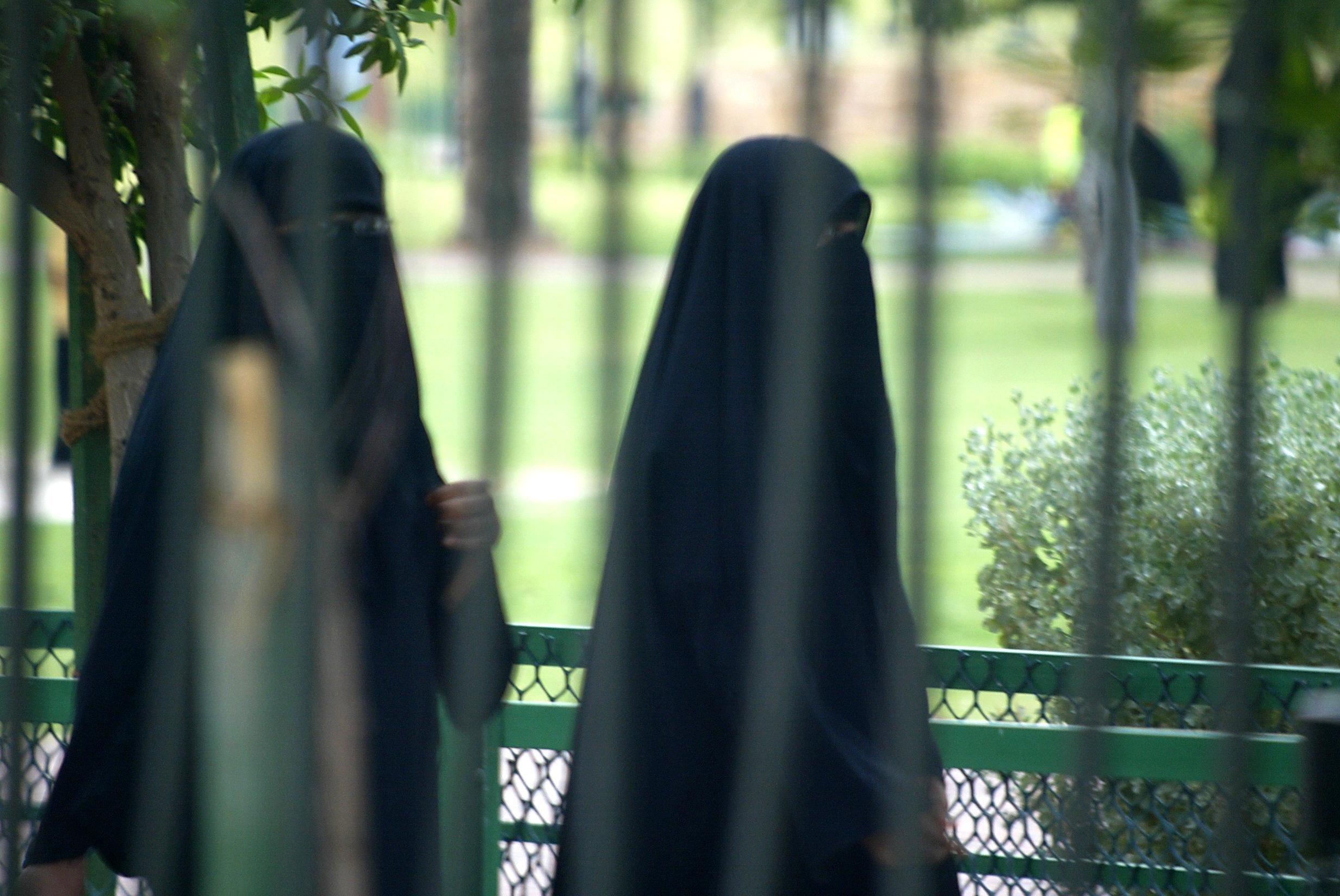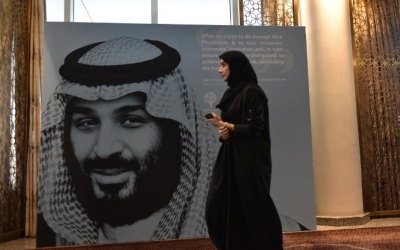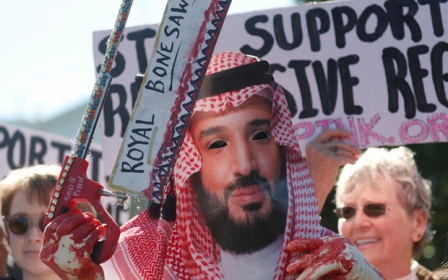Saudi Arabia planning to relax travel restrictions for women, says report

Saudi Arabia plans to implement changes to the guardianship system to allow women to travel without the approval of a male relative, the Wall Street Journal reported on Thursday, citing senior sources in the Gulf kingdom.
A senior Saudi advisor told the newspaper that the rules on travel would be changed later this year based on the recommendations of a government committee tasked with revising the guardianship laws.
The advisor said the directive had come "from the top" of the government.
“The current discussion is about how to make this happen as soon as possible without causing a stir,” a member of the Saudi royal family also told the newspaper.
Under the guardianship system, every woman is assigned a male relative - often a father or husband but sometimes an uncle, brother or even a son - whose approval is needed on most legal actions.
New MEE newsletter: Jerusalem Dispatch
Sign up to get the latest insights and analysis on Israel-Palestine, alongside Turkey Unpacked and other MEE newsletters
The new plan will do away with a law that states women of any age and men under 21 need a guardian’s permission to travel abroad, the WSJ reported.
Women will still require a guardian’s consent to marry, leave prison or even exit a shelter for abuse victims, it said.
Rights groups say the guardianship arrangement turns women into second-class citizens, depriving them of social and economic freedoms and making them more vulnerable to violence.
The conservative Muslim country has long been criticised for its strict laws on women’s freedoms which have led to several reported cases of women fleeing the kingdom in secret.
International condemnation grew earlier this year when a young woman barricaded herself in a Bangkok hotel room after running away while on a family vacation in Kuwait.
Rahaf Mohammed, 18, said her family subjected her to physical and psychological abuse and would kill her if she was forced to return.
Mohammed turned to social media to campaign for asylum and, after a 48-hour standoff with airport authorities in Bangkok, she was allowed to enter the country as a UNHCR refugee. She has since moved to Canada which has granted her asylum.
Recent changes to Saudi laws affecting women have included ending a ban on women driving, easing restrictions on gender mixing, and allowing women to serve in the armed forces.
Supporters of the Saudi government have promoted the social reforms as part of a modernising drive implemented by Saudi Crown Prince Mohammed bin Salman.
But the reforms have also been accompanied by a crackdown on dissent, including the arrest and alleged torture of some of the activists campaigning to improve women’s rights.
Middle East Eye delivers independent and unrivalled coverage and analysis of the Middle East, North Africa and beyond. To learn more about republishing this content and the associated fees, please fill out this form. More about MEE can be found here.





